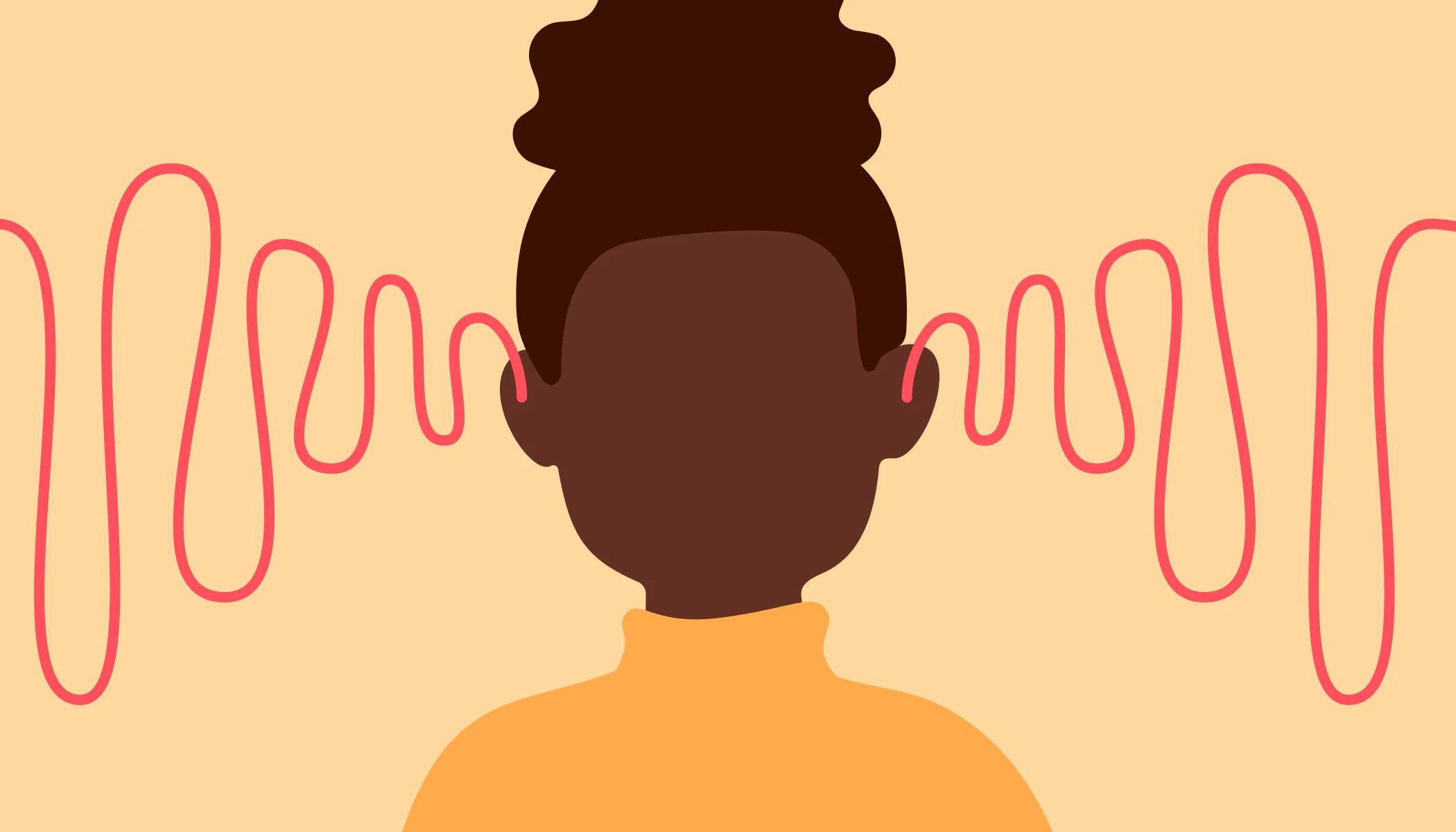
You pause. There’s a tone. Not loud. Just steady. A hum. A ring. It fades, then returns. You ask if the TV’s on. It’s not. You listen again. The sound is still there. In your head. In your ears. But nowhere else.
A hum. A ring. It fades, then returns
You move rooms. It follows. You cover your ears. It stays. Not outside. Not electronic. It’s internal. A personal echo. High-pitched. Low. Sometimes sharp. Sometimes soft. But always yours. And always uninvited.
You cover your ears. It stays
You Google it. “Ringing in ears.” A word appears: tinnitus. You say it out loud. It feels medical. Cold. But what you feel isn’t just a condition. It’s a presence. One that arrives without reason.
A word appears: tinnitus
They say it isn’t a disease. Just a symptom. Of what, no one really knows. Hearing loss. Exposure. Stress. Nerve irritation. Your cause isn’t listed. But the sound is real. And it doesn’t leave.
They say it isn’t a disease
You check your hearing. It’s mostly fine. You check for infections. Nothing there. The doctor shrugs. “It’s common.” You nod. But what’s common doesn’t feel simple. You leave with no cure. Just management.
The doctor shrugs. “It’s common.”
You start noticing when it gets louder. After concerts. After arguments. After coffee. You trace patterns. None hold for long. One night it’s louder. Another night it’s gone. But never truly silent. Even sleep holds an echo.
But never truly silent
You learn to distract. White noise machines. Fans. Rain apps. At first they help. Then they blend. You try silence again. The ring returns, unchanged. Waiting behind the quiet. You wonder if it ever truly left.
Waiting behind the quiet
Some days you forget it. Entire mornings without noticing. Then one moment brings it back. A still room. A quiet pause. It rises again. As if it was just waiting for your attention.
A quiet pause. It rises again
You ask others. Some know. Some don’t. Some have it worse. Some live without noticing. You realize you’re not alone. But you still feel alone with the sound. It’s yours. It came without asking. It stays without welcome.
But you still feel alone with the sound
You try to ignore it. That doesn’t work. You try to control it. That makes it louder. Eventually, you stop fighting. You listen. You observe. You let it pass. Sometimes that’s the only thing that helps.
Eventually, you stop fighting
You learn it’s connected to everything. Neck tension. Jaw clenching. Blood pressure. Caffeine. Hormones. Memory. You start seeing tinnitus not as a symptom, but as a mirror. Of what you carry. Of what you’ve held too tightly.
Not as a symptom, but as a mirror
You track your days. When it spikes. When it softens. There’s no formula. Just tendencies. You realize stress makes it worse. You breathe slower. You eat better. You sleep deeper. It helps. Not always. But enough.
You realize stress makes it worse
You try supplements. Ginkgo. Zinc. Magnesium. Some swear by them. Others say nothing helps. You try anyway. One week. Two. You’re not sure if it’s placebo or progress. But even believing feels like a step forward.
Even believing feels like a step forward
Music becomes different. You listen closer. Not just to the instruments. But to what’s underneath. Your ears become more sensitive. Not weaker—just more tuned. You notice every hum. Every sharp corner in sound.
Your ears become more sensitive
You grieve silence. The deep, whole-body silence you once knew. You miss it like a person. Like a place. You try to remember the last time your ears didn’t ring. You can’t.
You miss it like a place
Sometimes the sound feels aggressive. Not painful—just invasive. It makes work harder. Reading harder. It fills spaces meant for stillness. You clench your jaw without knowing. You tighten your shoulders.
It fills spaces meant for stillness
You talk to a specialist. They suggest therapy. Not for your ears. For your mind. How you hold the sound. How you react to it. You feel strange. But you go. You talk about noise. About memory. About control.
How you hold the sound
You learn to stop fearing it. You learn to coexist. Like living with a neighbor who never moves out. You close your door. You turn your music up. You don’t invite it in. But you stop asking it to leave.
Like living with a neighbor who never moves out
You begin to build routines around calm. You wear headphones less. You let sound happen. You stop bracing. The ringing doesn’t disappear. But it no longer defines your day.
You stop bracing
People ask what it feels like. You can’t really explain it. A high whistle? A hum? A buzz? You say yes to all of it. But it’s more than noise. It’s your brain’s voice. Misfired. Misinterpreted. But persistent.
A high whistle? A hum? A buzz?
They say it’s neurological. That your brain is filling in a silence. Like phantom limb pain. A sound that isn’t sound. But feels real. Because your brain insists it is.
